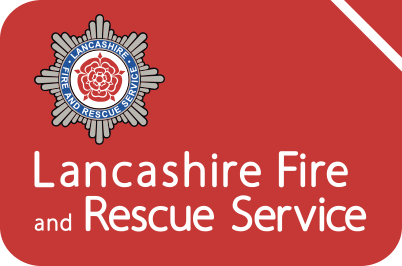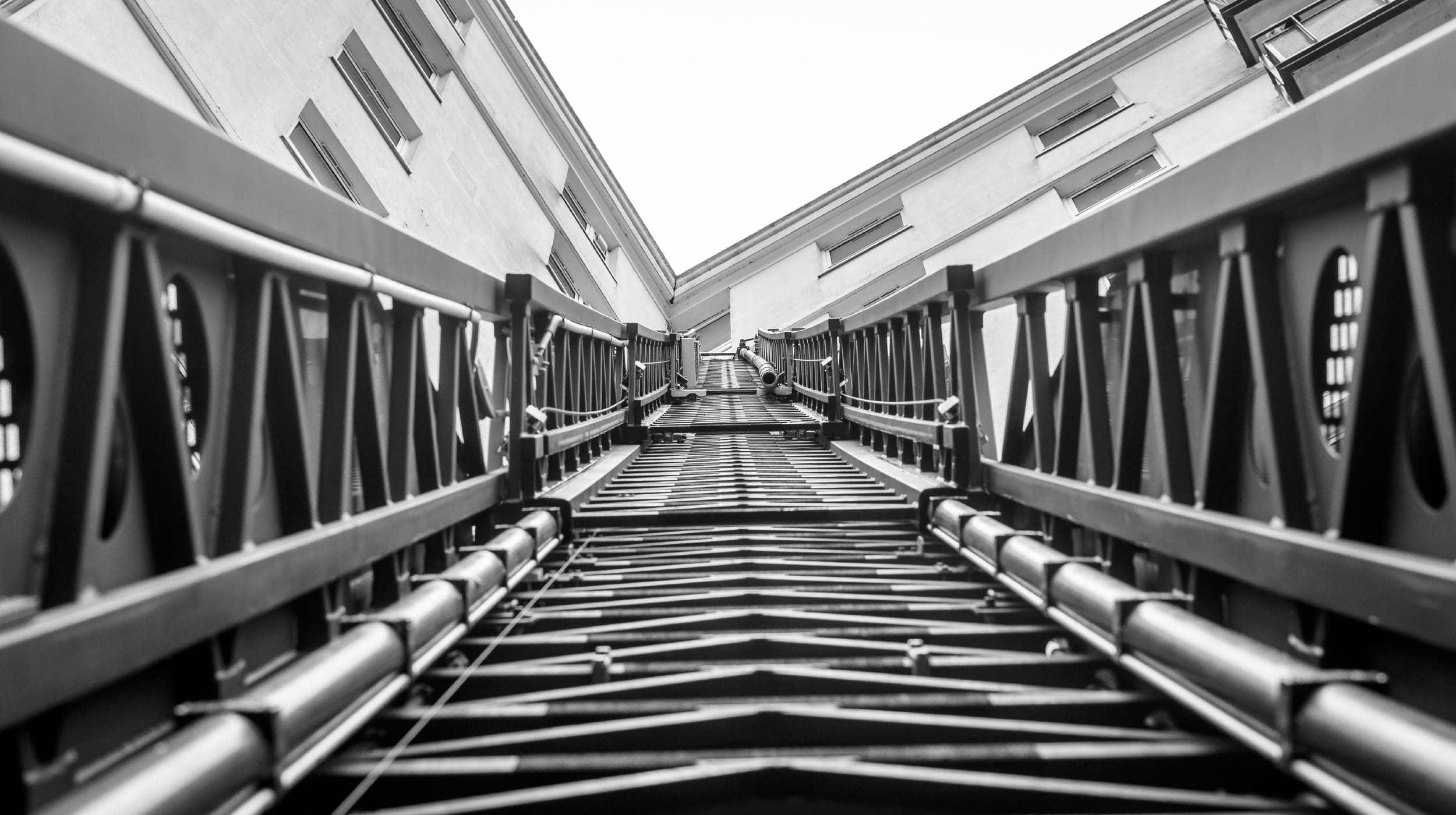Changes to our response to automatic fire alarms in non-sleeping risk premises
Does this affect my building?
We have not changed the way we respond to automatic fire alarm systems in higher risk premises at any time of day or night (see below) – we will continue to respond as we always have.
We will always respond to 999 calls from a person reporting a fire, or sign of fire, in any type of premises at any time.
We have changed the way we respond to calls from automatic systems and from persons who have not investigated the source of a sounding fire alarm in non-sleeping risk buildings to encompass the full 24 hours of the day, seven days a week.
We will always respond to automatic fire alarm calls 24 hours a day if:
A backup call is received through 999 reporting a fire or signs of fire (such as a smell of burning).
You have successfully applied to LFRS for a fire alarm exemption, and it has been granted (see below).
If your building has a monitored fire alarm system, you should ensure the alarm receiving centre holds accurate information regarding building type/use and whether it contains sleeping accommodation. This is because we will always respond to automatic fire alarm calls 24 hours a day if the premises is one or more of the following:
Sleeping risk.
Single private domestic dwelling.
Sheltered accommodation.
Other residential premises such as hostel, hotel, student accommodation, care/nursing home etc.
Registered Upper Tier Control of Major Accident Hazards (COMAH) sites, nuclear sites covered by the REPPIR legislation.
High rise.
Hospitals.
Prison/young offenders institution.
Police station and military barracks.
Infant, primary and secondary education premises.
Grade 1 and Grade 2* (star) heritage premises.
You can find more information about the identification and designation of listed buildings on the Historic England website (opens in a new tab).
Please note that Grade 2 listed buildings are not exempt.
What do I need to do?
Firstly, decide if this policy change affects you. If you are responsible for a building that isn’t in any of the categories above then you will need to:
Ensure you have procedures in place to safely investigate the source of a fire alarm activation, both in the hours your business operates and out of hours.
Ensure your staff are aware of the procedures and trained to safely investigate the source of an alarm and make a back-up 999 call.
Ensure that you provide your alarm monitoring company with relevant keyholder information, for out of hours responses to your premises, as LFRS will no longer automatically respond to AFAs, in non-sleeping risk premises.
Consider if you would like to apply for an enhanced reliability alarm system exemption.
Unwanted fire signal policy and application to your premises
All premises, except single private domestic dwellings are subject to LFRS UWFS policy. This includes those granted an enhanced reliability fire alarm exemption or a premises type listed above.
For further information please see our unwanted fire signal (UwFS) policy [opens in a new tab].
Call challenge at Fire Control
On all occasions automatic fire alarm (AFA) calls are received in North West Fire Control (NWFC), no matter the type of premises, NWFC will adopt a call challenge process. This will start by asking if the source of the sounding alarm has been investigated.
Being able to safely investigate the source of a sounding fire alarm is an important part of a building’s fire procedures. Knowing if an alarm is sounding due to a developing fire enables appropriate action to be taken immediately to keep people safe. If the cause is a false alarm, investigating the source also enables the ‘all clear’ to be given minimising disruption and avoiding the need for fire engines to attend a known false alarm. It also helps avoid the wider risk to the community which occurs when the Fire Service are asked to attend with valuable resources that may be needed elsewhere for a genuine emergency. If you have not already done so, please update your fire procedures in readiness for the policy change on 01 May 2023. Further guidance on safely investigating the source of a sounding fire alarm is provided here: an introduction to business fire safety and the law [link downloads a Word document]. Please find this guidance under the ‘how to investigate and reset your fire alarm’ tab.
Please remember, it is not the responsibility of the fire service to evacuate your premises. You must ensure that you have an evacuation strategy appropriate for your buildings use and occupancy, paying particular attention to occupants who may require assistance to escape. Further guidance is available on our guidelines for businesses [opens in a new tab]. Your organisation’s fire evacuation strategy and evacuation procedures should be practised regularly to ensure they are timely and fit for purpose.
Enhanced Reliability Fire Alarm Exemptions
If your premises is exempted we will continue to attend AFA activations at any time of day or night.
To be considered for this exemption, your fire alarm system must meet certain criteria which means it is highly unlikely to generate false signals. You will need to provide:
Certification confirming that the fire alarm detection system has been installed to BS 5839 Part 1 or equivalent standard (preferably with third party accreditation)
Evidence that the fire alarm detection system is serviced and maintained in compliance with the recommendations of BS 5839 Part 1 or equivalent standard
Certification confirming that a fire signal output is only obtained when at least two independent triggering signals are present at the same time (preferably with third party accreditation). This is referred to as a ‘Coincidence Alarm’ in BS5839.
Enhanced reliability fire alarm exemptions may be withdrawn at the discretion of LFRS if systems are not maintained and managed effectively resulting in UWFS.
For more information on how to apply for a fire alarm exemption, contact the Business Fire Safety Team on 01772 866954 or email at ProtectionSupport@lancsfirerescue.org.uk (opens a new email in-app).
All applications are considered on an individual basis.
Preventing False Alarms
Prevention is always better than cure. Avoiding unnecessary fire alarm activations ensures your business is not disrupted and that in the event of a real emergency staff and visitors will react to the alarm.
Further guidance on how to avoid false alarms is available by watching this video: NFCC Reducing false alarms in the workplace (opens in a new tab).
Further information
Contact our Business Fire Safety Team on 01772 866954 or email at Protectionsupport@lancsfirerescue.org.uk (opens a new email in-app).





